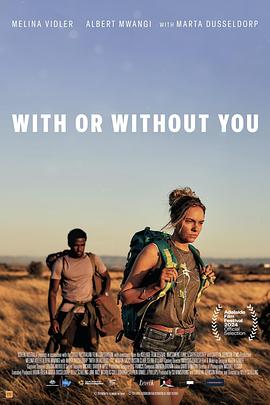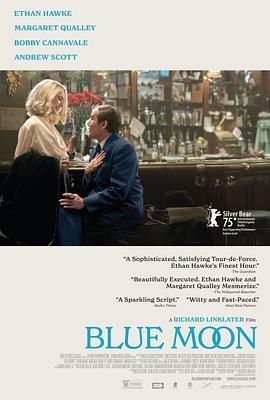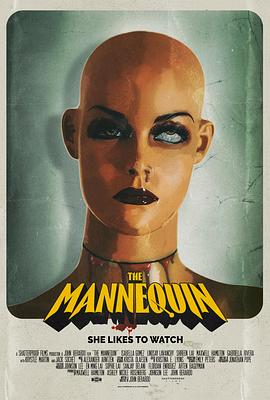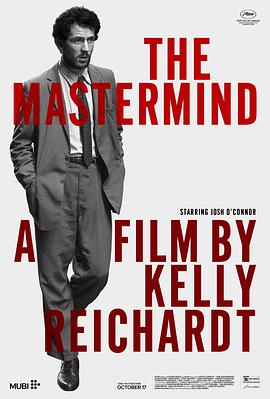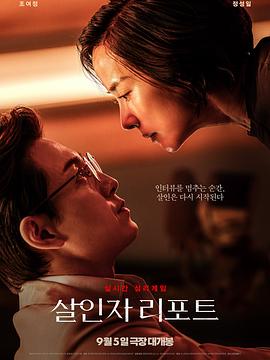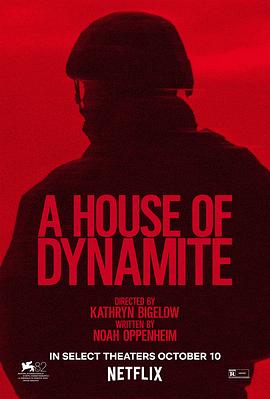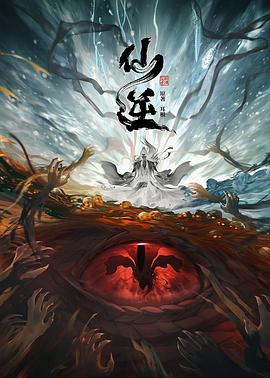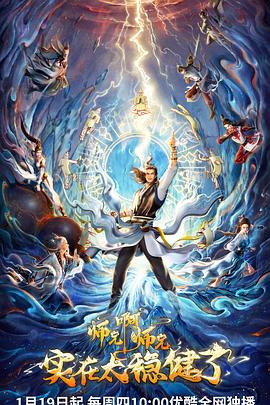- 正在播放《欧洲的某个地方》 - 官方③
- 提醒不要轻易相信视频中的任何广告,谨防上当受骗
- 技巧如遇视频无法播放或加载速度慢,可尝试切换播放节点或者切换解析
- 收藏免费短视频分享大全 - 蟆城影视网址:www.mcbk.cn / www.mcbk.cn ,记得收藏哟~
剧情:
Somewhere in the remote region, the war ends. In the midst of ruined cities and houses in the streets, in rural hamlets, everywhere where people still live, are children who have lost their homes and parents. Abandoned, hungry, and in rags, defenseless and humiliated, they wander through the world. Hunger drives them. Little streams of orphans merge into a river which rushes forward and submerges everything in its path. The children do not know any feeling; they know only the world of their enemies. They fight, steal, struggle for a mouthful of food, and violence is merely a means to get it. A gang led by Cahoun finds a refuge in an abandoned castle and encounters an old composer who has voluntarily retired into solitude from a world of hatred, treason, and crime. How can they find a common ground, how can they become mutual friends? The castle becomes their hiding place but possibly it will also be their first home which they may organize and must defend. But even for this, the price will be very high. To this simple story, the journalist, writer, poet, scriptwriter, movie director, and film theoretician Béla Balázs applied many years of experience. He and the director Géza Radványi created a work which opened a new postwar chapter in Hungarian film. Surprisingly, this film has not lost any of its impact over the years, especially on a profound philosophical level. That is to say, it is not merely a movie about war; it is not important in what location and in what period of time it takes place. It is a story outside of time about the joyless fate of children who pay dearly for the cruel war games of adults. At the time it was premiered, the movie was enthusiastically received by the critics. The main roles were taken by streetwise boys of a children's group who created their roles improvisationally in close contact with a few professional actors, and in the children's acting their own fresh experience of war's turmoil appears to be reflected. At the same time, their performance fits admirably into the mosaic of a very complex movie language. Balázs's influence revealed itself, above all, in the introductory sequences: an air raid on an amusement park, seen in a montage of dramatic situations evoking the last spasms of war, where, undoubtedly, we discern the influence of classical Soviet cinematography. Shooting, the boy's escape, the locomotive's wheels, the shadows of soldiers with submachine guns, the sound of a whistle—the images are linked together in abrupt sequences in which varying shots and expressive sharp sounds are emphasized. A perfectly planned screenplay avoided all elements of sentimentality, time-worn stereotypes of wronged children, romanticism and cheap simplification. The authors succeeded in bridging the perilous dramatic abyss of the metamorphosis of a children's community. Their telling of the story (the scene of pillaging, the assault on the castle, etc) independently introduced some neorealist elements which, at that time, were being propagated in Italy by De Sica, Rossellini, and other film artists. The rebukes of contemporary critics, who called attention to "formalism for its own sake" have been forgotten. The masterly art of cameraman Barnabás Hegyi gives vitality to the poetic images. His angle shots of the children, his composition of scenes in the castle interior, are a living document of the times, and underline the atmosphere and the characters of the protagonists. The success of the picture was also enhanced by the musical art of composer Dénes Buday who, in tense situations, inserted the theme of the Marseilaise into the movie's structure, as a motive of community unification, as an expression of friendship and the possibility of understanding. Valahol Europaban is the first significant postwar Hungarian film. It originated in a relaxed atmosphere, replete with joy and euphoria, and it includes these elements in order to demonstrate the strength of humanism, tolerance, and friendship. It represents a general condemnation of war anywhere in the world, in any form.
收起
【更新HD中字】
官网同步更新,若有延迟请稍作休息再看看
官网同步更新,若有延迟请稍作休息再看看
【更新HD中字】
官网同步更新,若有延迟请稍作休息再看看
官网同步更新,若有延迟请稍作休息再看看
相关影片
2024
剧情片
英国
家庭安全专家尼尔 (Lee Mack) 和他的邻居斯科特 (Chris McCausland) 闹矛盾,他们经常交换垃圾箱,抱怨尼尔的“项目”汽车,并全年都挂着圣诞彩灯,照亮尼尔的家庭办公室。基本上,
更新HD
2025
剧情片
英国
本尼迪克特·康伯巴奇 奥利维娅·科尔曼 安迪·萨姆伯格 凯特·麦克金农 艾莉森·詹尼 贝琳达·布罗米洛 苏妮特·玛尼 舒提·盖特瓦 詹米·德米特鲁 佐伊·赵 哈拉·芬利 小田部明纮 德莱尼·奎因 艾米莉·皮格福德 Lauren Beacham Wells Rappaport 裘德·科沃德·尼科尔 Ollie Robinson Caroline Partridge Simon Strutt
艾薇(奥利维娅·科尔曼 Olivia Colman 饰)和西奥(本尼迪克特·康伯巴奇 Benedict Cumberbatch 饰)是一对表面幸福、实则危机四伏的中产夫妻。 他们有钱、有貌、有小
HD中字
2025
剧情片
美国
After Ziva's apparent death, Tony raises their daughter Tali. Years later, Ziva returns, and r
更新第08集
2024
剧情片
澳大利亚
更新HD
2024
剧情片
美国
一位成功但孤立的艺术家,患有广场恐惧症,当她的一件艺术作品活了过来时,她的生活发生了翻天覆地的变化。起初,她很高兴地接受了自我放逐的解脱,但她的新朋友并不像他们看起来的那样,随着她对外界的恐惧与她的新
更新HD
2025
剧情片
美国
TC中字
2025
剧情片
美国
更新HD
2024
剧情片
美国,意大利
更新HD
2025
剧情片
美国
更新TC
2025
剧情片
日本
更新HD
2025
剧情片
大陆
更新HD
2025
剧情片
美国
更新TC
正在热播
更多
2020
国产动漫
大陆
独家推荐
更新第194集
2024
国产动漫
大陆
热播
更新第119集
更新第111集
2020
国产动漫
大陆
独家推荐
更新第165集
2023
国产动漫
大陆
热播
更新第111集
2024
国产剧
大陆
VIP
独家推荐
更新第36集
2023
国产动漫
大陆
独家推荐
更新至第66集
2024
国产剧
大陆
独家推荐
更新第40集
2024
国产动漫
大陆
热播
更新第26集
2025
国产动漫
大陆
独家推荐
已完结
2024
国产动漫
大陆
热播
更新第80集
2024
剧情片
大陆
热播
更新HD
2024
剧情片
大陆
热播
更新HD




